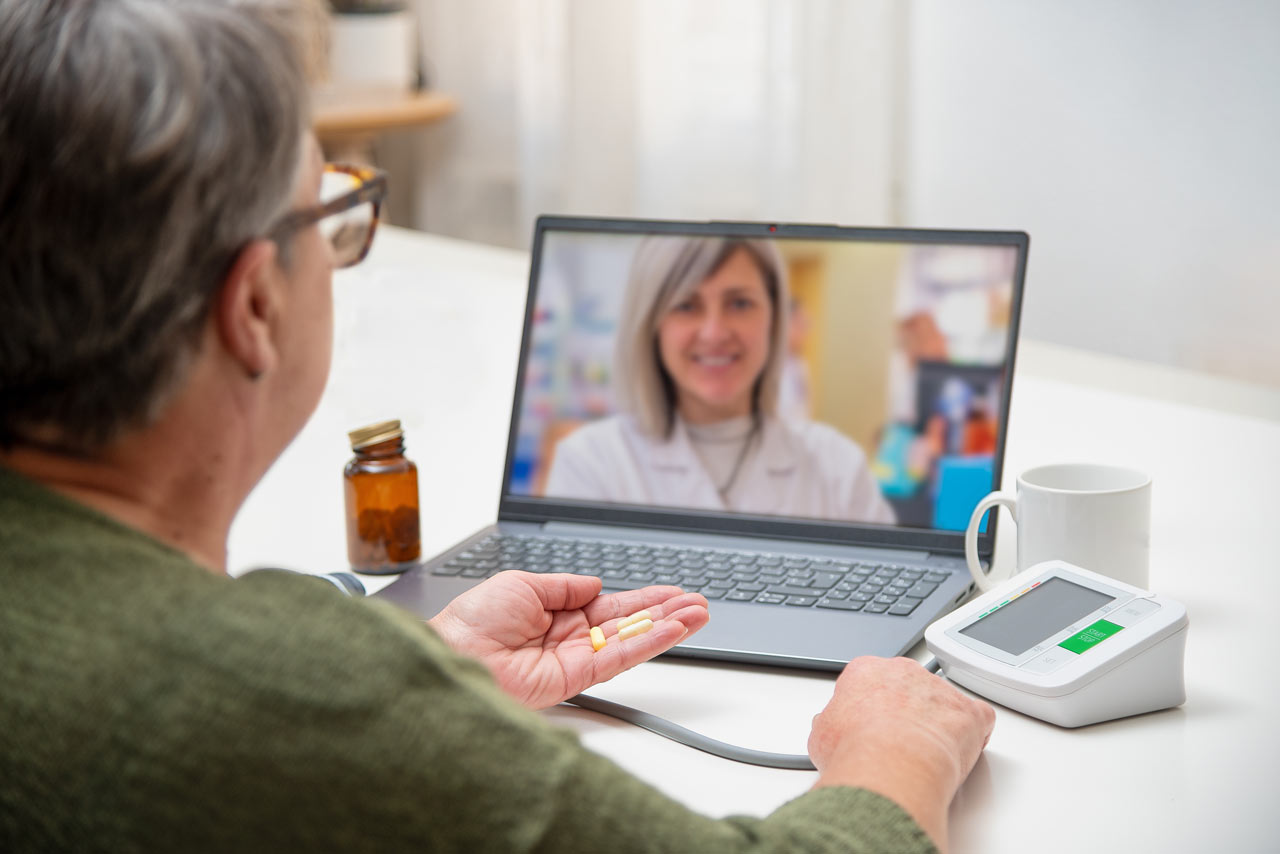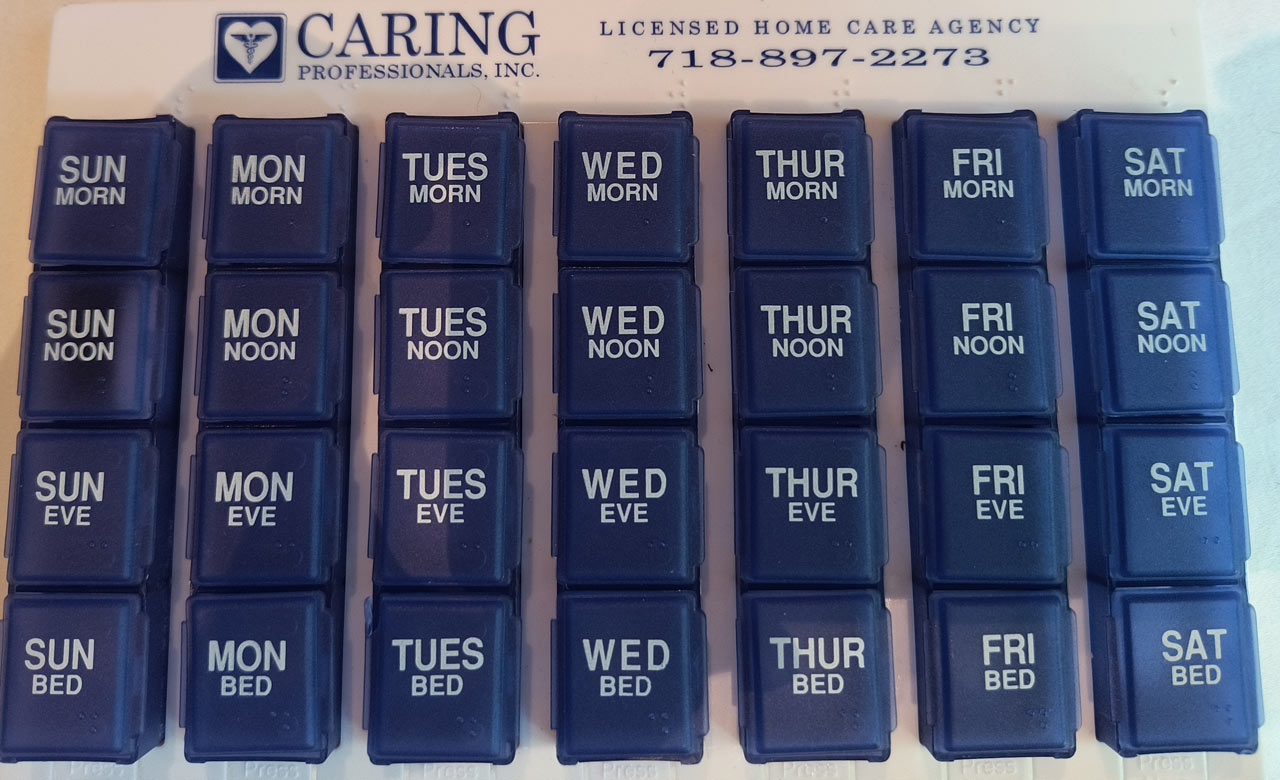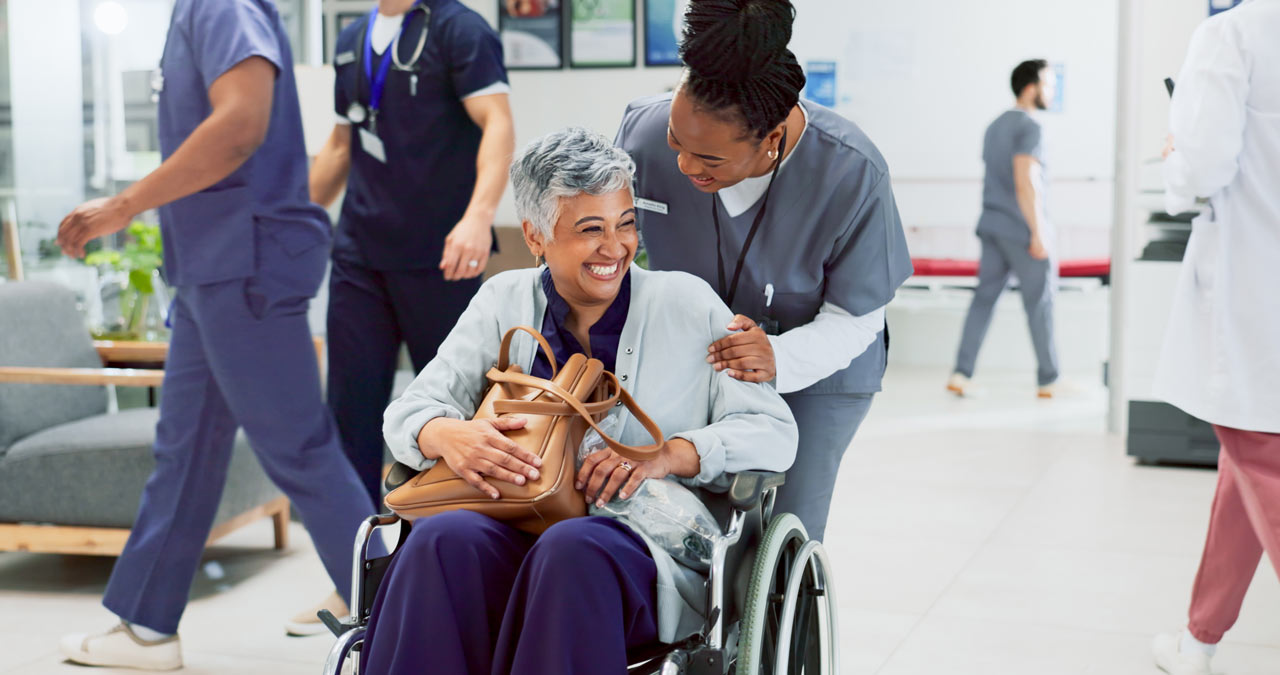What Can Your Aide Do? Read Here to Find Out.
Confused about what your home health aide or personal care aide can do? This article is here to help clarify.
Simply put, home health aides and personal care aides help people in their daily lives. This includes those with disabilities, chronic illnesses, or older adults. Although most services are provided in a client’s home, aides are also hired to assist in group homes and day programs.
With so many differences in home health care needs, it can often be confusing to remember what home health aides (HHA) and personal care aides (PCA) can or cannot do. One of the top questions we get from long-term and new clients is, “Can my home health aide do ____________?” While there are long, nuanced lists of what caregivers can and cannot do, we’re hoping this article serves as a helpful summary to understand the help you can receive.
A Circle of Medical Professionals
While home health and personal care aides are part of the health care community, it’s important to differentiate what they do from professionals like doctors, registered nurses, paramedics or therapists.
If we think of a circle where prescribed advice (medicine, dietary, physical) is at the center, then the professionals listed above are the closest to that core. Home health aides are also in that circle, but a little further from the core. And personal care aides are a little further out than home health aides.
Personal Care Aide
The list of what a personal care aide can do is mostly limited to what the title implies, although they can give some medical assistance. Personal care involves things like bathing, dressing, help in the bathroom, and grooming. A PCA can also help plan and prepare meals that follow simple modified diets, do light housekeeping, and shop for groceries.
Although they are unable to administer medications, they are able to give reminders about medications and home exercise, monitor and record weight, and accompany clients to outside appointments. PCAs can also help with plans of care from a doctor or registered nurse as it applies to turning and positioning, emptying catheter bags or assisting with durable medical equipment.
Home Health Aide
Back to our circle example, HHAs have additional training and certification that allows them to provide more assistance than a PCA. Along with light shopping, housework and personal care, home health aides can assist with feeding modified diets.
HHAs also play a more active role in exercise and medication. Although they still are not able to administer prescribed medication, they can read labels and help open containers as needed.
Home health aides can also assist with home exercise and physical therapy programs given from a nurse or therapist. They are licensed and trained to take and record vital signs, including temperature, pulse, respiration and blood pressure, and assist with sample collection from spit, urine or stool.
Light medical assistance is also in the realm of tasks HHAs can do. From simple bandage changes to care of catheters, colostomy and tracheostomy appliances. In addition to helping with these, a home health aide is also able to assist with and clean equipment like oxygen, CPAP masks and nebulizers.
Other Medical Needs
Creating health plans, prescribing medication, and fulfilling more complex medical procedures are not in the realm of home health aides or personal care aides. These tasks may involve further medical decisions, and involve training that HHAs and PCAs have not gone through.
Activities like TPN feedings, tube insertions, irrigations, medication administration, injections, glucose testing, CPR or adjusting medical devices are not permissible for HHAs or PCAs. Other “cannots” for aides are using their own cars for transportation, heavy cleaning, or medical tasks not listed on a RN’s care plan.
While this article has a variety of lists, everyone’s needs are different. What may be necessary help for one person may not be a need for another. If you have a specific concern or question about how a Caring Professional aide can help to make your daily living better, always feel free to contact us. Our aides are trained to provide the best care for each client, with an added emphasis on understanding for individuals and families of those they work with.






